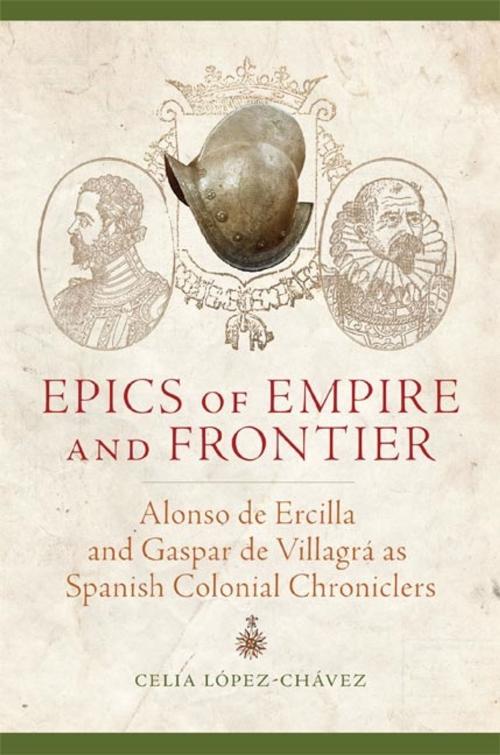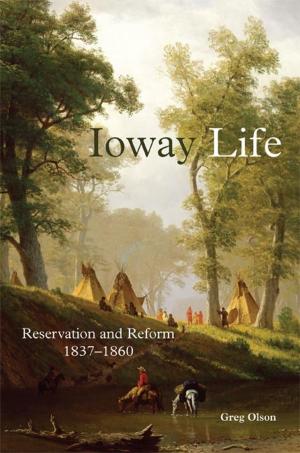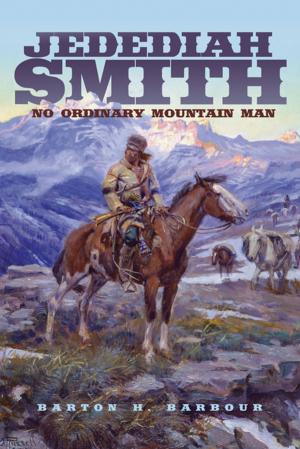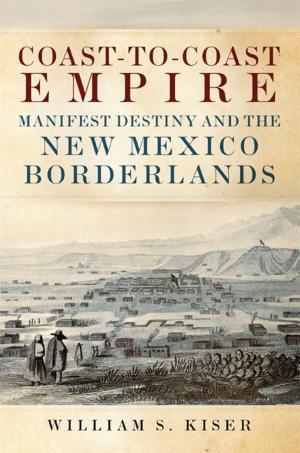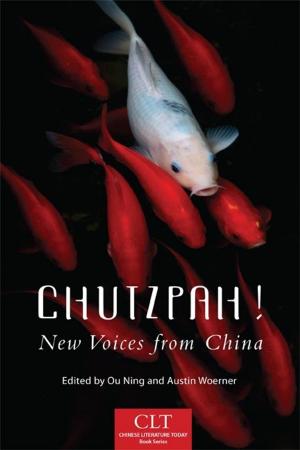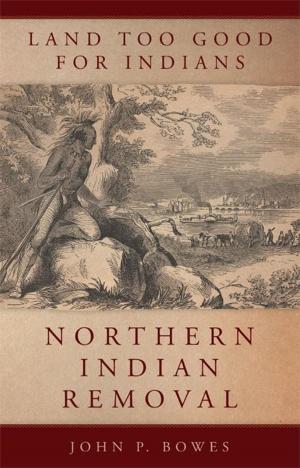Epics of Empire and Frontier
Alonso de Ercilla and Gaspar de Villagrá as Spanish Colonial Chroniclers
Fiction & Literature, Literary Theory & Criticism, European, Spanish & Portuguese, Nonfiction, History, Americas, South America, Mexico| Author: | Celia López-Chávez | ISBN: | 9780806155210 |
| Publisher: | University of Oklahoma Press | Publication: | April 26, 2016 |
| Imprint: | University of Oklahoma Press | Language: | English |
| Author: | Celia López-Chávez |
| ISBN: | 9780806155210 |
| Publisher: | University of Oklahoma Press |
| Publication: | April 26, 2016 |
| Imprint: | University of Oklahoma Press |
| Language: | English |
First published in 1569, La Araucana, an epic poem written by the Spanish nobleman Alonso de Ercilla, valorizes the Spanish conquest of Chile in the sixteenth century. Nearly a half-century later in 1610, Gaspar de Villagrá, Mexican-born captain under Juan de Oñate in New Mexico, published Historia de la Nueva México, a historical epic about the Spanish subjugation of the indigenous peoples of New Mexico. In Epics of Empire and Frontier—a deft cultural, ethnohistorical reading of these two colonial epics, both of which loom large in the canon of Spanish literature—Celia López-Chávez reveals new ways of thinking about the themes of empire and frontier.
Employing historical and literary analysis that goes from the global to the regional, and from the sixteenth to the twenty-first centuries, López-Chávez considers Ercilla and Villagrá not only as writers but as citizens and subjects of the powerful Spanish empire. Although frontiers of conquest have always been central to the regional histories of the Americas, this is the first work to approach the subject through epic poetry and the main events in the poets’ lives. López-Chávez also investigates the geographical spaces and landmarks where the conquests of Chile and New Mexico took place, the natural landscape of each area as both the Spanish and the natives saw it, and the characteristics of the expeditions in both regions, with special attention to the violence of the invasions. In her discussion of law, geography, and frontier, López-Chávez carries the poems’ firsthand testimony on the political, cultural, and social resistance of indigenous people into present-day debates about regional and national identity.
An interdisciplinary, comparative postcolonial interpretation of the history found in two poetic narratives of conquest, Epics of Empire and Frontier brings fresh understanding to the role that poetry plays in regional and national memory and culture.
First published in 1569, La Araucana, an epic poem written by the Spanish nobleman Alonso de Ercilla, valorizes the Spanish conquest of Chile in the sixteenth century. Nearly a half-century later in 1610, Gaspar de Villagrá, Mexican-born captain under Juan de Oñate in New Mexico, published Historia de la Nueva México, a historical epic about the Spanish subjugation of the indigenous peoples of New Mexico. In Epics of Empire and Frontier—a deft cultural, ethnohistorical reading of these two colonial epics, both of which loom large in the canon of Spanish literature—Celia López-Chávez reveals new ways of thinking about the themes of empire and frontier.
Employing historical and literary analysis that goes from the global to the regional, and from the sixteenth to the twenty-first centuries, López-Chávez considers Ercilla and Villagrá not only as writers but as citizens and subjects of the powerful Spanish empire. Although frontiers of conquest have always been central to the regional histories of the Americas, this is the first work to approach the subject through epic poetry and the main events in the poets’ lives. López-Chávez also investigates the geographical spaces and landmarks where the conquests of Chile and New Mexico took place, the natural landscape of each area as both the Spanish and the natives saw it, and the characteristics of the expeditions in both regions, with special attention to the violence of the invasions. In her discussion of law, geography, and frontier, López-Chávez carries the poems’ firsthand testimony on the political, cultural, and social resistance of indigenous people into present-day debates about regional and national identity.
An interdisciplinary, comparative postcolonial interpretation of the history found in two poetic narratives of conquest, Epics of Empire and Frontier brings fresh understanding to the role that poetry plays in regional and national memory and culture.
